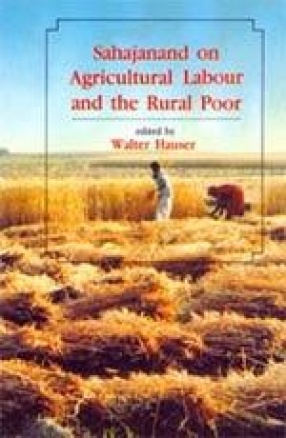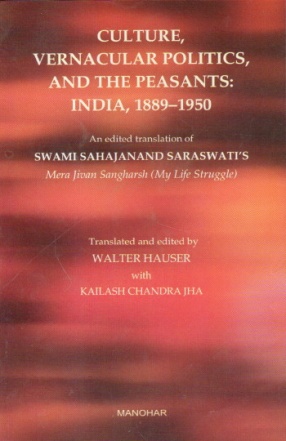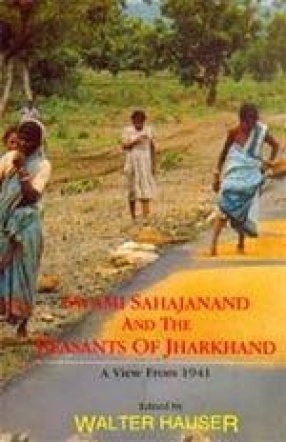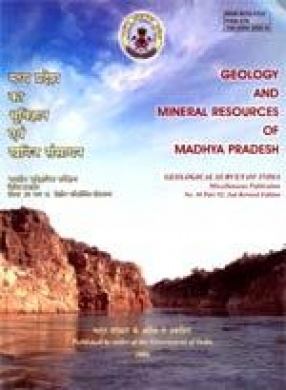The full impact of Swami Sahajanand Saraswati on the social and political history of twentieth century India is only now beginning to be fully understood and appreciated. A man of enormous intellectual and personal complexity he came from Eastern U.P. while his major political role was played out in the neighbouring state of Bihar in the Bihar Provincial Kisan Sabha and after 1936 on the national stage in all India Kisan Sabha. The Khet Mazdoor tract presented here in an edited translation and in the original Hindi, provides textual access to an activist constantly on the leading edge of social, cultural, and political change, which for Sahajanand had to be transformational in character. Hence, given his background in representing the interests of peasant tenants in the early and middle 1930s, it is not surprising to find him here arguing the case for agricultural labourers and the rural poor on the margins of the Indian social experience. "But who case for the poor?" he asks rhetorically, and in the five short chapters of this essay he vividly describes their condition and their history and submits proposals for change that in many respects have as much relevance in 2001 as they did in 1941. Professor Hauser has rendered an easily readable English translation of Sahajanand's tract and an invaluable glossary which will serve to introduce both general and specialist readers to the richly descriptive language Sahajanand employed in making his argument. Hauser's editorial notes provide the broader intellectual and ideological context within which Sahajanand discussed the social and political economy of rural India in the 1930s and 1940s. In his brief introduction Professor Hauser examines the career and some of the salient writings of the Swami and brings into sharp focus the core of his philosophy and activism during the crucial years of transition in the political life of the nation.
Sahajanand on Agricultural Labour and the Rural Poor
In stock
Free & Quick Delivery Worldwide
reviews
Bibliographic information
Title
Sahajanand on Agricultural Labour and the Rural Poor
Author
Edition
1st ed.
Publisher
ISBN
817304600X, 9788173046001
Length
xxviii+239p., Glossary; Index; 23cm.
Subjects







There are no reviews yet.